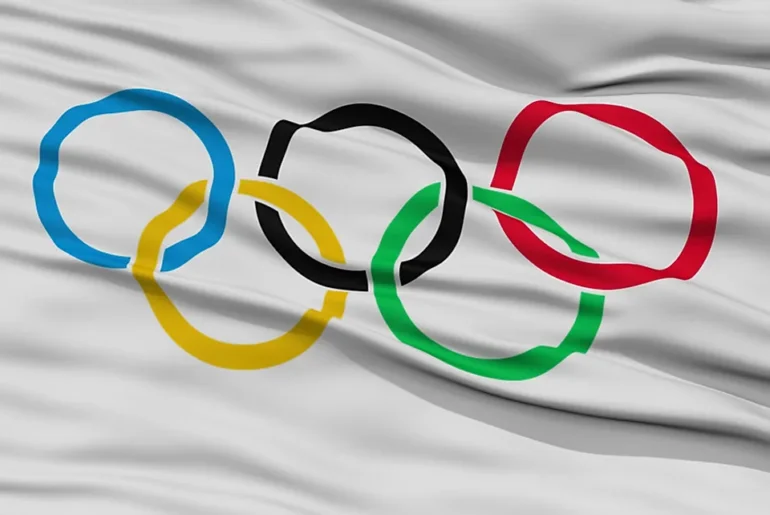The Olympic Games are the world’s largest and most prestigious international multi-sport event, with athletes from different countries coming together to compete in various sports. In this blog post, we will explore the history of the Olympics and its evolution over time.
1. Ancient Olympics
The ancient Olympics were first held in Olympia, Greece, in 776 BC. The Games were held every four years and were dedicated to the Greek god Zeus. Athletes from various Greek city-states competed in events such as running, jumping, and throwing. The Games continued until 393 AD when they were banned by the Roman Emperor Theodosius I.
2. Revival of the Olympicsc
The modern Olympics were inspired by the ancient Games and were first held in Athens, Greece, in 1896. The International Olympic Committee (IOC) was established in 1894, and the first modern Olympics featured 14 countries and 241 athletes competing in 43 events. The Games were a huge success, and they have been held every four years since, with the exception of the years during World War I and II.
3. Evolution of the Olympics
The Olympics have undergone significant changes since their revival in 1896. The number of sports and events has increased over time, with the 2020 Olympics featuring 339 events across 33 sports. Women were first allowed to compete in the Olympics in 1900, and the number of female athletes has increased significantly over time, with almost 50% of athletes at the 2020 Olympics being women.
The Olympics have also become more global, with more countries and athletes participating in the Games. The 2020 Olympics featured 206 National Olympic Committees, with athletes from 93 countries winning medals. The Olympics have also become more accessible, with the Paralympic Games first held in 1960, providing athletes with physical disabilities the opportunity to compete.
Conclusion
The Olympics have a rich history and have evolved significantly since their revival in 1896. The Games have become more diverse and inclusive, with athletes from different countries, backgrounds, and abilities coming together to compete in various sports. While the Olympics have faced challenges, such as the cancellation and postponement of the 2020 Olympics due to the COVID-19 pandemic, they continue to be a symbol of international cooperation, friendship, and sporting excellence.



